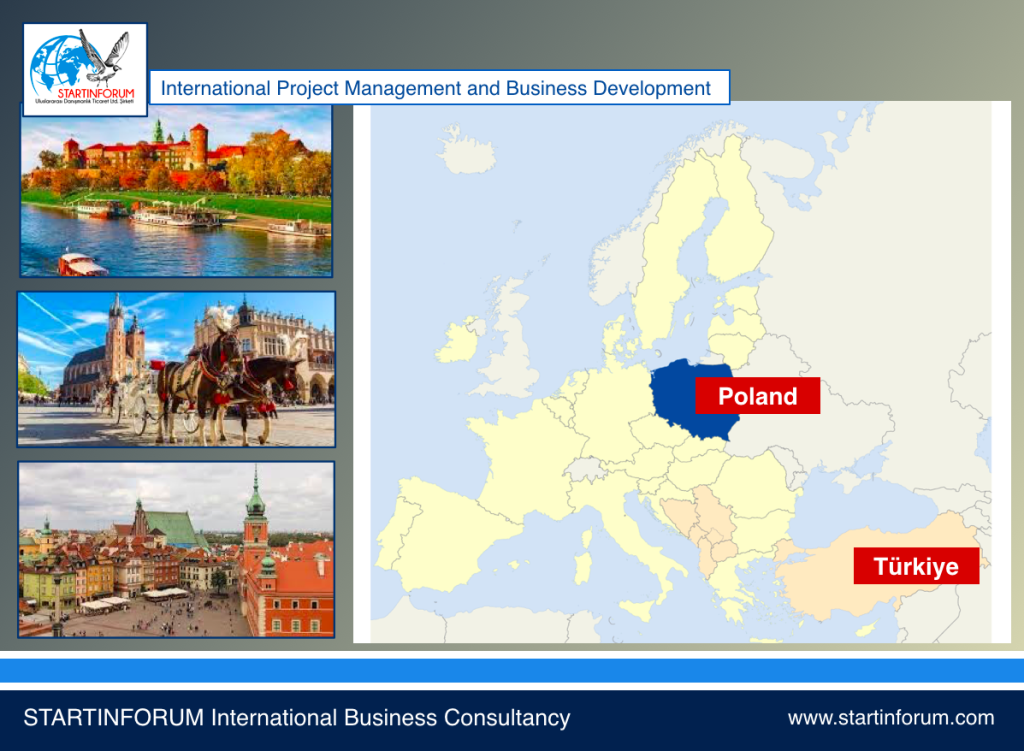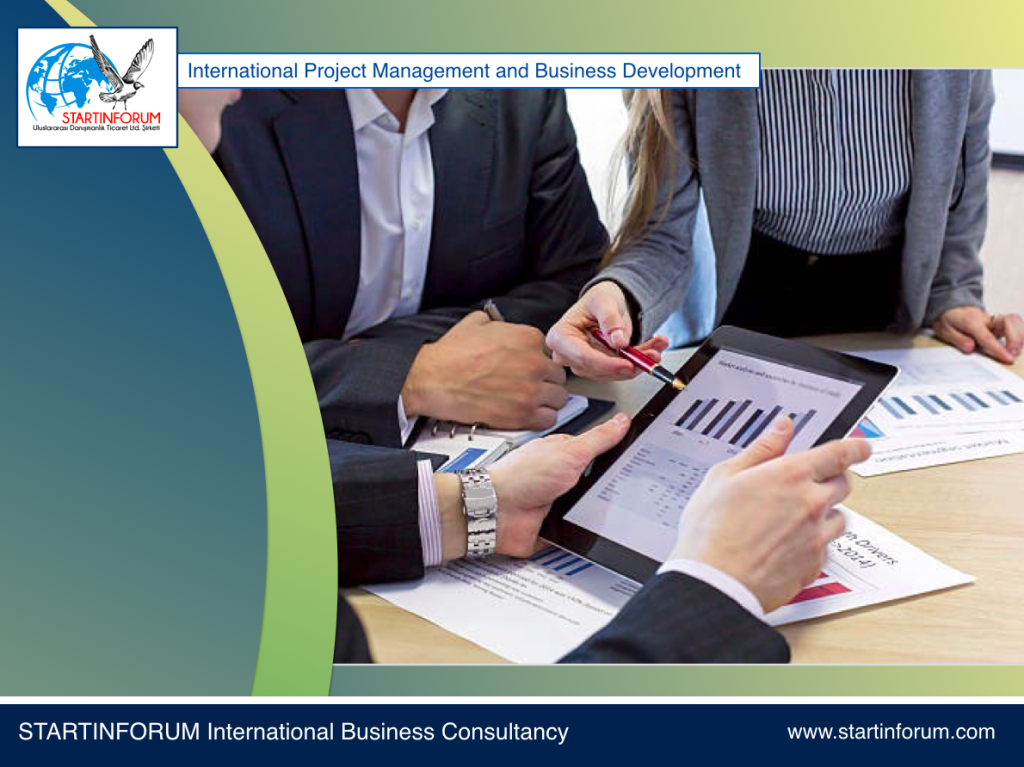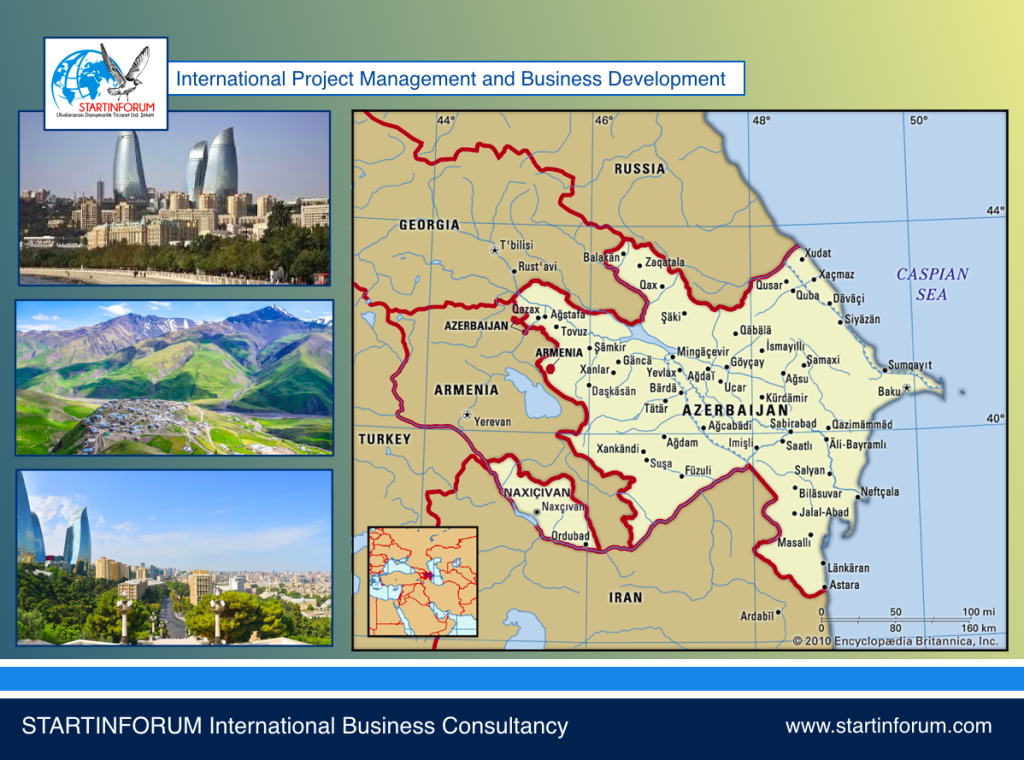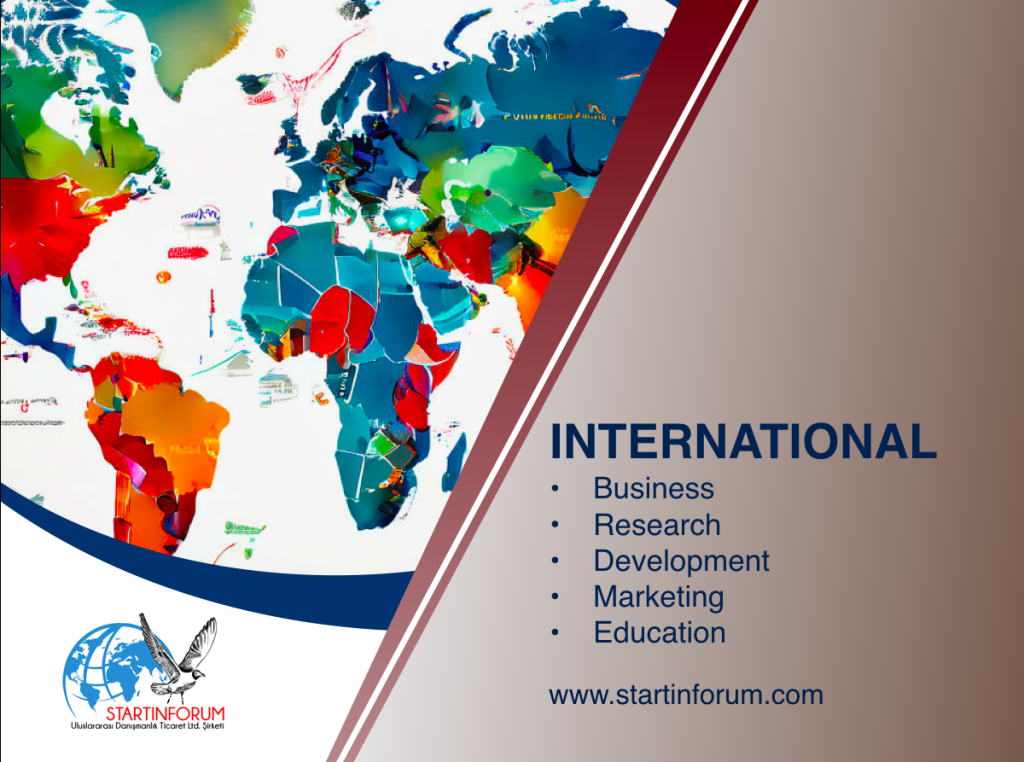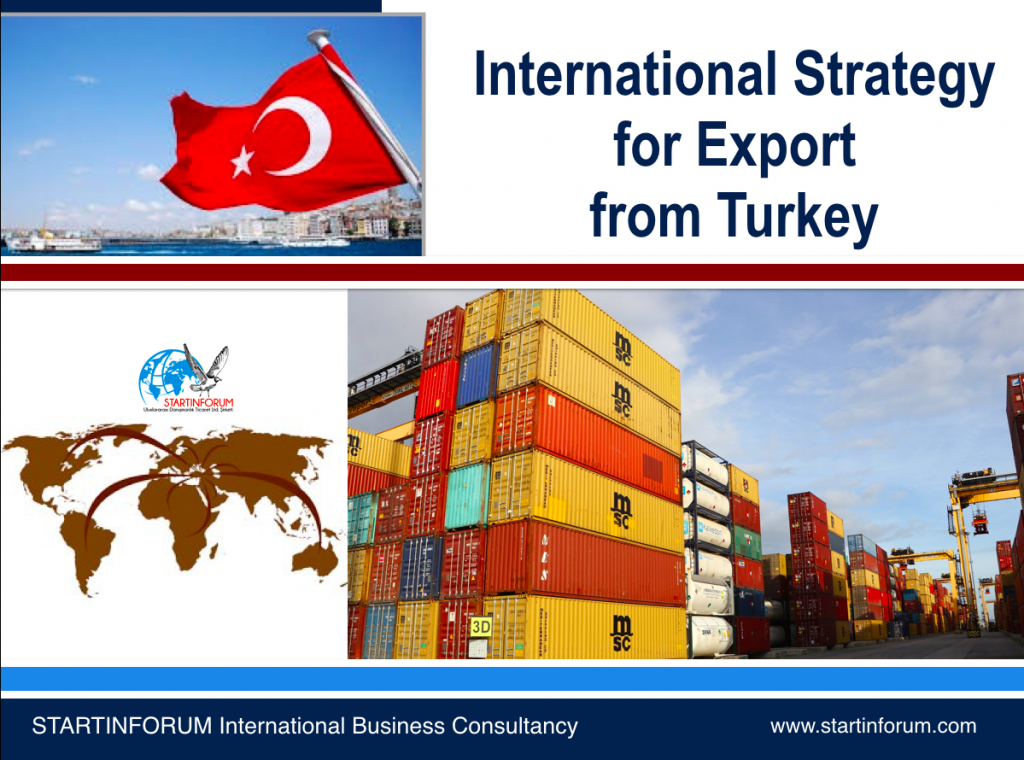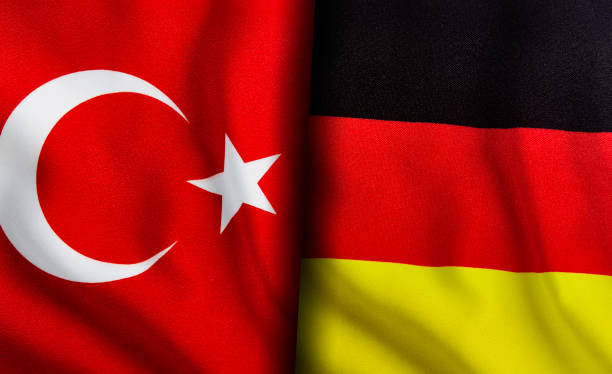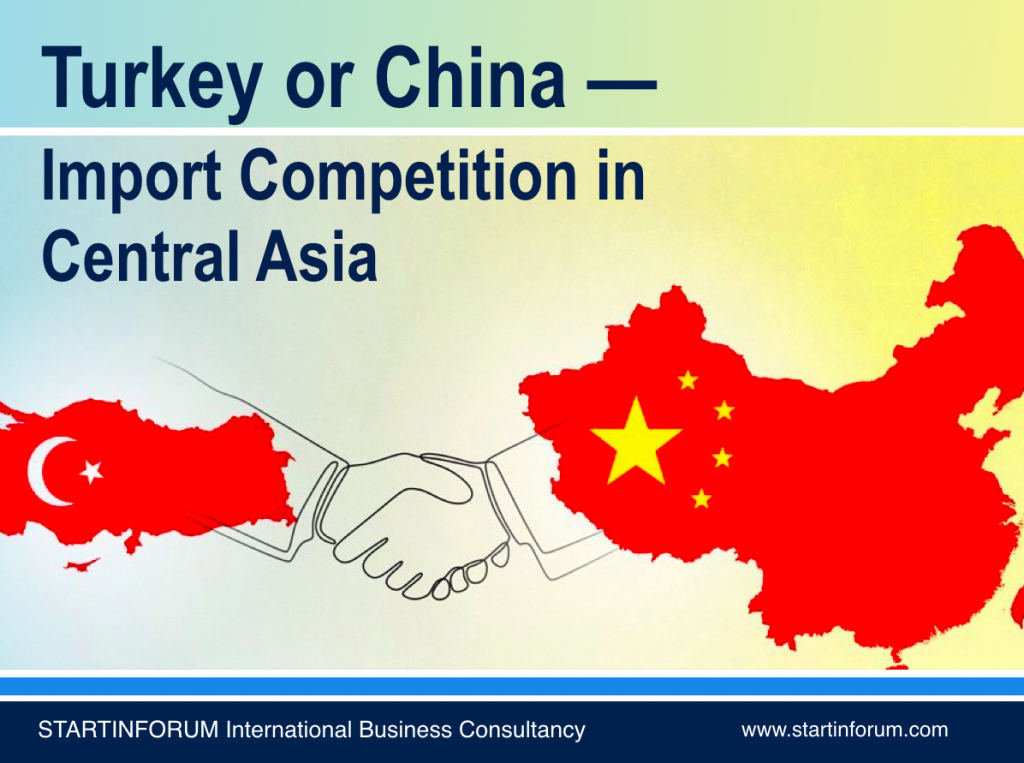Identifying a country that absolutely shouldn’t be targeted with any Turkish exports is a strong statement, as even very challenging markets might have niche opportunities. However, based on various factors, there are countries where the effort, risk, or lack of demand would make them highly unfeasible or inadvisable for Turkish exporters, especially novices.
Here are the categories of countries that should generally be avoided or approached with extreme caution, and specific examples.

1. Countries under Comprehensive International Sanctions
- Reason: Exporting to countries under severe international sanctions (especially from the UN, US, EU) carries immense legal and financial risks for the exporter, their bank, and their country. Transactions can be blocked, assets frozen, and severe penalties imposed. Even if Turkey itself doesn’t impose the same sanctions, engaging in such trade can lead to “secondary sanctions” or a loss of access to international financial systems.
- Examples of such countries (subject to change and varying degrees of sanctions):
- North Korea: Virtually impossible to conduct legitimate trade due to extensive UN, US, and other sanctions.
- Iran: While Turkey has historical trade with Iran, extensive US sanctions (especially secondary sanctions) make it extremely risky for most Turkish businesses, particularly those dealing in sectors covered by sanctions (e.g., oil, financial transactions) or using US dollar transactions.
- Syria: Heavily sanctioned by the US and EU. Trade is severely restricted and highly risky.
- Russia (for certain goods/end-users): While Turkey has not fully aligned with Western sanctions on Russia, exporting certain goods (especially dual-use items, high-tech components, or anything that could aid Russia’s military) can still incur risks of secondary sanctions from the US/EU. This is highly context-dependent on the specific product and end-user.
- Cuba: Under long-standing US embargo.
2. Countries with Active Trade Bans or Severe Restrictions Specifically Against Turkish Goods
- Reason: If a country has deliberately imposed bans or extremely high non-tariff barriers on Turkish products due to political or economic reasons, market entry becomes virtually impossible or highly unprofitable.
- Example:
- Armenia: Following the Second Nagorno-Karabakh War, Armenia imposed a ban on all products of Turkish origin (with some exceptions for raw materials). While temporary bans have expiry dates, the underlying political tension makes it a very difficult market. Even historically, trade was largely unidirectional (Turkish exports to Armenia).
3. Countries with Extremely Limited Demand or Purchasing Power for Turkish Products
- Reason: These are often the Least Developed Countries (LDCs) or nations facing severe economic crises, civil unrest, or extremely small populations with very low per capita income. The cost of logistics might far outweigh any potential revenue.
- Examples (general categories, as specific situations can vary):
- Countries in active conflict zones: (e.g., Yemen, parts of Sudan, Afghanistan) – Security risks, destroyed infrastructure, and collapsed economies make trade highly impractical and dangerous.
- Very small island nations with limited economies: (e.g., some Pacific Island nations) – Unless you have a highly specialized niche product, the logistics costs and tiny market size make it uneconomical.
- Countries with extremely low GDP per capita and high self-sufficiency in relevant sectors: If a country produces most of what it needs locally and its population has very limited disposable income, demand for imported goods (especially higher-quality Turkish goods) would be minimal.
4. Countries with Unacceptable Levels of Business Risk
- Reason: High levels of corruption, extreme political instability, very weak rule of law, or severe currency convertibility issues can make doing business impossible or fraught with unacceptable risk of non-payment or asset seizure.
- Examples: This is less about specific countries and more about the current context of certain nations. A country might be promising one year and highly risky the next due to internal conflicts or political upheaval. Always check current political stability ratings and corruption indices (e.g., Transparency International).
Important Caveats
- Niche Opportunities: Even in highly challenging markets, there might be a very specific, high-demand, high-margin niche for certain goods. However, this is usually for experienced exporters with significant risk tolerance and local knowledge.
- Humanitarian Aid: Exporting goods for humanitarian aid or specific government-to-government projects might bypass some commercial restrictions, but this is a very different business model.
- Dynamic Landscape: Geopolitical situations and economic conditions change rapidly. What’s a “no-go” today might be a cautious “maybe” next year, and vice-versa. Always stay updated on international relations and trade policies.
For a novice Turkish exporter, the best advice is to avoid any country that presents significant sanctions risk, explicit trade bans, or extreme political/economic instability that would directly impede basic commercial operations. Focus on markets with established demand, stable economies, and good trade relations with Turkey.
For more guidance and developing an effective strategy of exporting goods from Turkey, please feel free to contact us.
